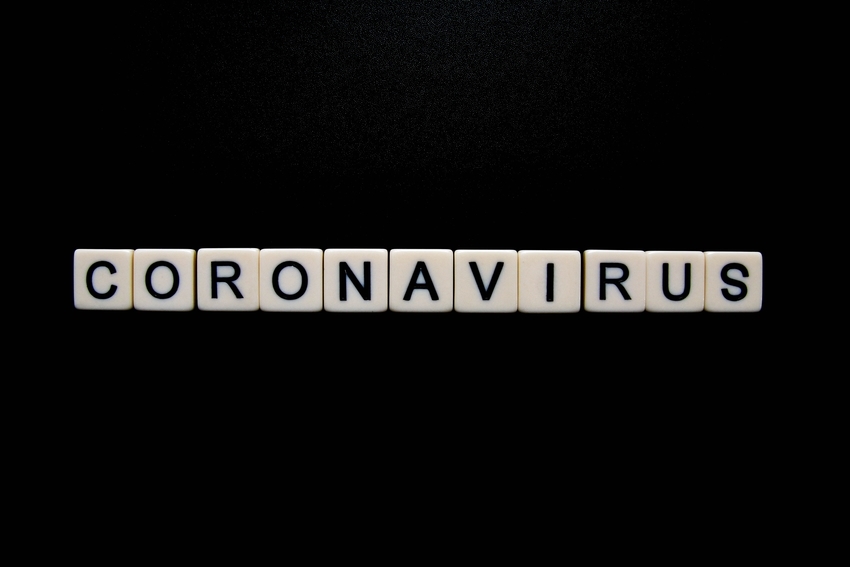Bail Bonds in the Age of Coronavirus
News and Resources
Bail bonding reform laws across the country were already controversial as supporters trumpeted releasing defendants with little or no cash bail, but now that we’re in the midst of a global pandemic thanks to COVID-19, no-bail laws are under even more scrutiny. Over-crowded jails and prisons have always been a flashpoint, but now that COVID-19 is spreading in the incarcerated, there’s urgency among reform supporters to accelerate prisoner release – by using no-bail loopholes. Obviously, this is a source of concern.
LOOPHOLES AND COVID-19
The HuffPost, that bastion of liberal online “journalism” that conveniently ignores its role in getting Donald J. Trump elected as President of the United States, published an article detailing no-bail loopholes and emergency steps legislators in California are using to address COVID-19 concerns. In HuffPost’s view, defendants are being punished further if they’re forced to remain incarcerated.
“Last month, the Judicial Council of California issued a statewide rule that reduced bail for most misdemeanors and low-level felonies to $0 during the coronavirus pandemic…but since the rule went into effect, prosecutors throughout the state have exploited loopholes in the policy or flat-out refused to comply with it. As a result, thousands of people in California who are eligible for pretrial release under the state’s zero bail order have wound up stuck in jail.”
As a bondsman, you can wonder if reducing bail to $0 is the right thing to do. When it comes to the spread of COVID-19, it's hard to say if the virus is infecting fewer people than it did a week or month ago. What's clear is some lawmakers are intent on strengthening no-bail provisions, without considering what really may be happening. Here are questions they should ask before pushing for broader no-bail laws:
- What is the COVID-19 infection rate among prison populations?
- What are loopholes?
- If a prisoner tests positive for COVID-19, where will that person go for treatment?
CALIFORNIA; STATE OF CHAOS
If you’re a bail bondsman in Colorado – Arapahoe County, Denver County, Jefferson County – or any other state with no-bail or liberal reduced bail laws, you should be concerned with what went down recently in California. That state’s law, now on hold pending the outcome of a voter referendum in November, is nonetheless worrisome. Criminal justice groups who once supported the bill quickly withdrew their advocacy after judges were given “generous discretion to decide who is a public safety threat or a flight risk.”
Whether the law is on hold or not is moot; what’s happened is state lawmakers in California on April 6 passed emergency provisions worthy of indigestion for bail bonding professionals everywhere. The most bothersome of 11 temporary emergency rules is number four, sub-section C, which sets “bail for all misdemeanor and felony 31 offenses must be set at $0,” with the exception of several crimes spelled out here.
You can see where this may end up. Sadly, some defendants have a history of recidivism, and these emergency rules are essentially a huge “get out of jail” card for many of them.
In California, the law gave judges more latitude in deciding who’s at risk of jumping bail or returning to a life of crime upon release. In many states, risk assessment tools are used – basically, algorithms – and assign a number rating to each defendant. Depending on the rating, the judge can decide to let the defendant go without bail or a reduced bail amount or hold that person until trial.
Ironically, reform supporters are now willy-nilly about the law itself, feeling that defendants are now discriminated against by computer algorithms. "This approach is not the reform of our bail system that we needed,” said Alec Karakatsanis, executive director of Civil Rights Corps, to The Washington Post.
BAIL REFORM RESULTS IN MORE CRIME?
Bail bonds reform may not be the panacea that supporters like to yammer on about incessantly. A bail bond referendum in November will decide the fate of California’s bail bond law, as voters and once supportive community activists grapple with buyer’s remorse. Translation? Be careful what you wish for and be wary of lawmakers working for the common good.
On the other side of the country, New York's bail reform law went into effect on January 1, 2020, but voters are already having second thoughts. COVID-19 is the state's focus, as it should be, but with defendants being released in greater number since the pandemic struck, it's worth reviewing what's going on in the Empire State.
In early April, New York lawmakers passed a new budget which also included tweaks to the bail reform passed months earlier. A number of crimes are now considered “bail qualifying offenses,” among them sex trafficking, bail jumping, and many others.
Barely a month later, the New York Police Department weighed in on the controversy surrounding the state’s bail bonding law, arguing it’s a “significant reason” for a spike in crime. According to the department, serious crimes in January and February of 2020 went up 20 percent compared to the same time frame in 2019 – before the new law was passed.
“There were 16,343 major crimes reported in the first two months of 2020, compared to 13,648 over the same period in 2019 — for an increase of 2,695.”
The most interesting take away is 299 of those crimes were committed by defendants who directly benefited from the reform law, no surprise, with the department stating: “Criminal justice reforms serve as a significant reason New York City has seen this uptick in crime.”
Contact Info
Tayler Made Bail Bonding is available 24 hours a day and 7 days a week.
(303) 623-0399email@taylermadebailbonding.com
3595 South Teller Street
Suite 300A
Lakewood, CO 80235
@TaylerMadeBail

